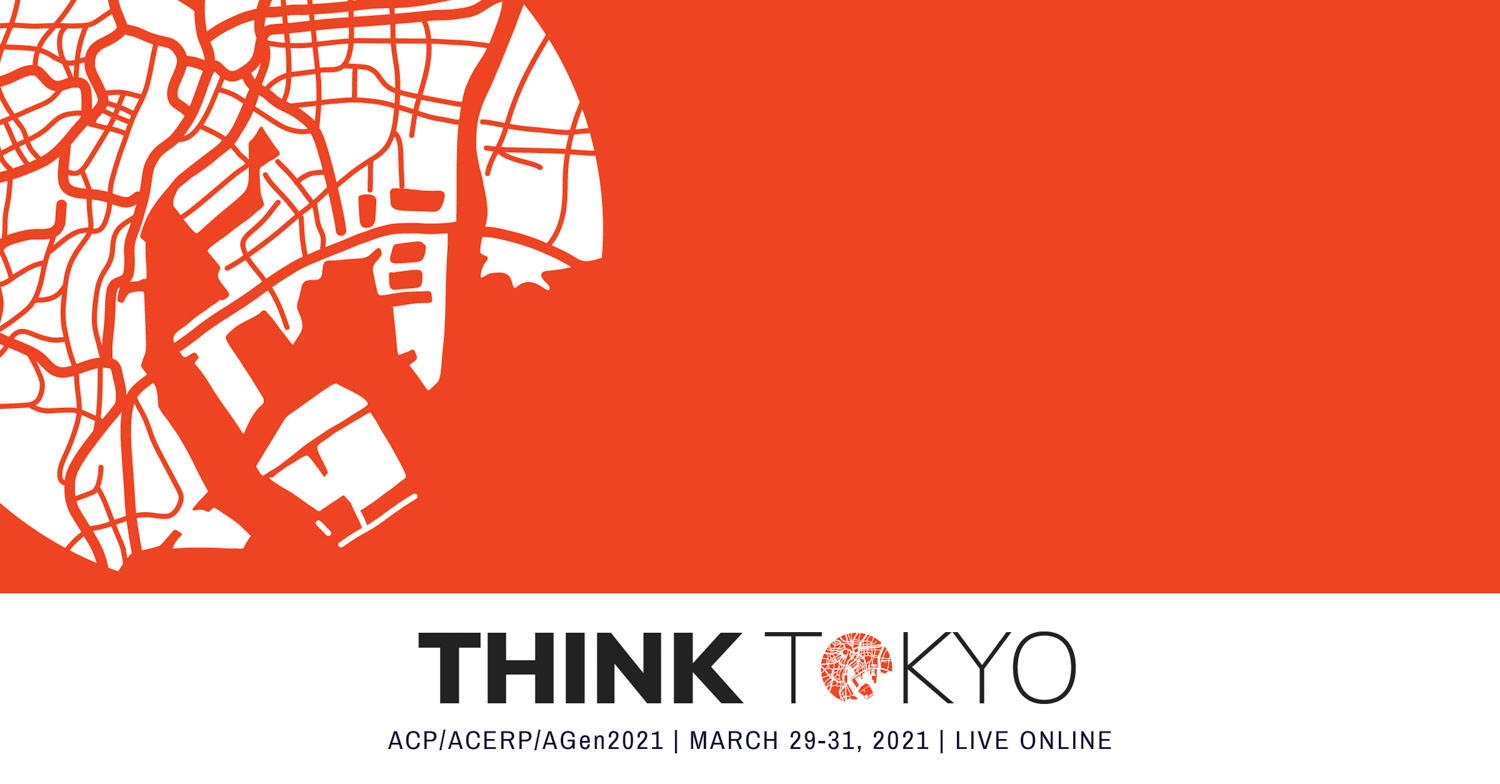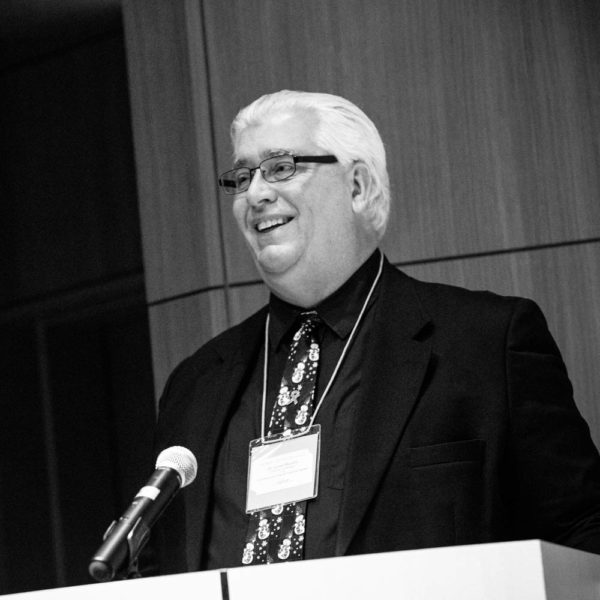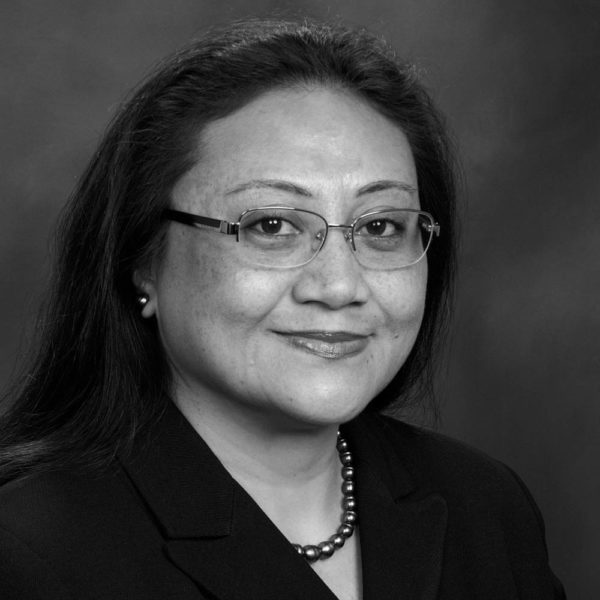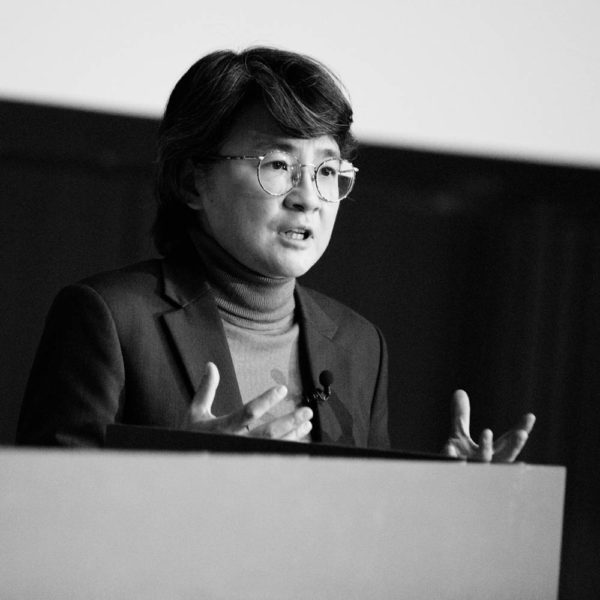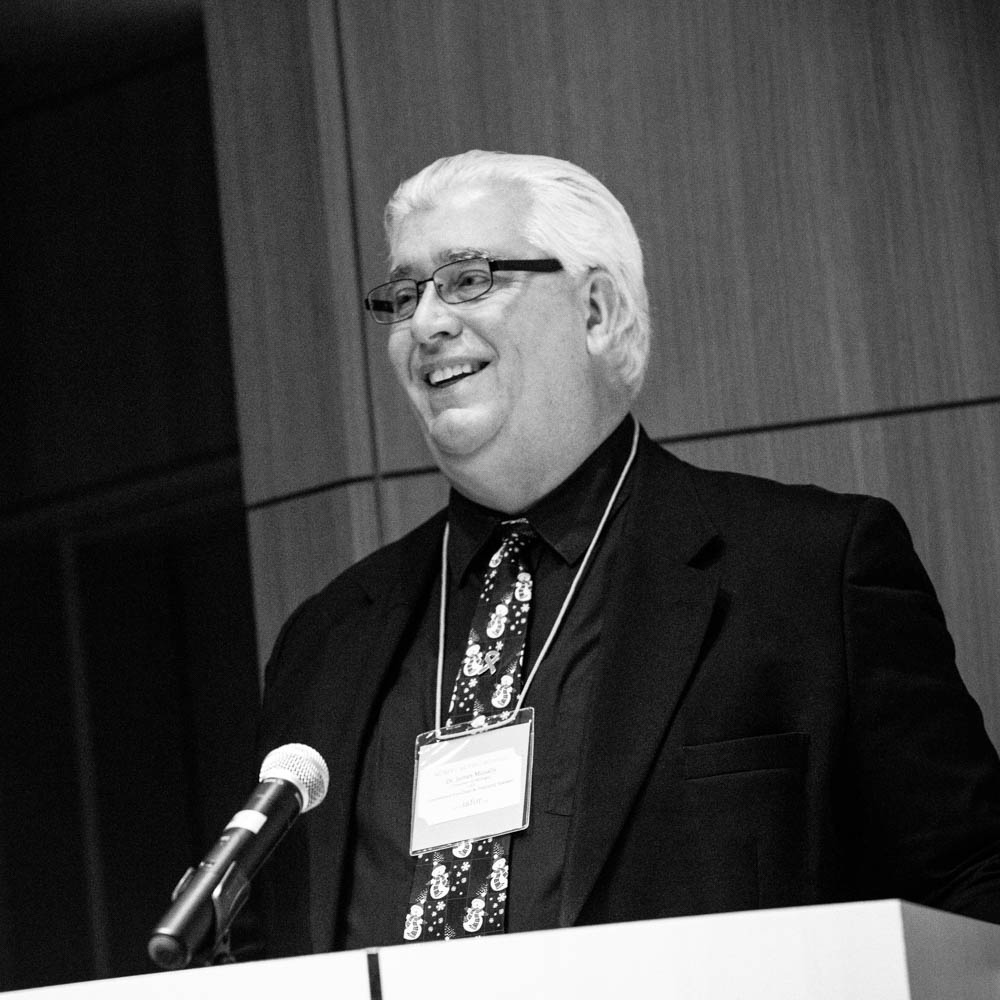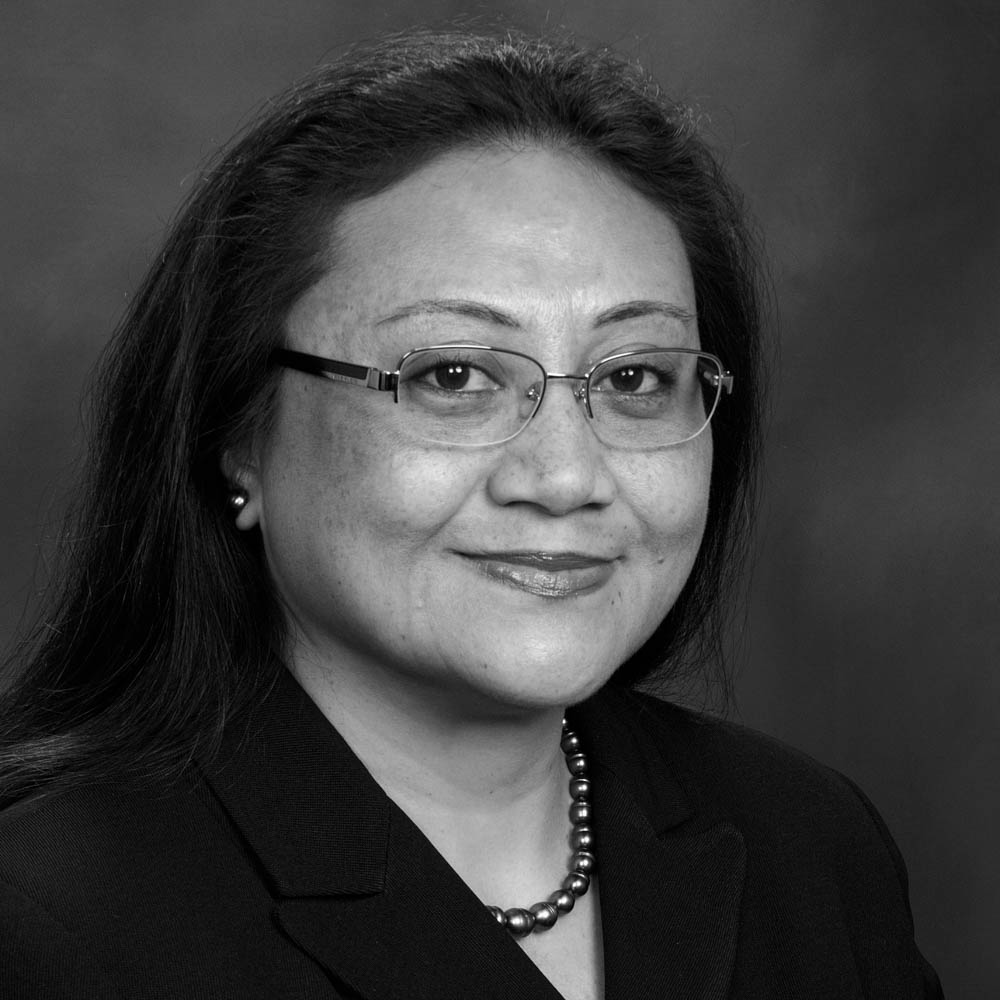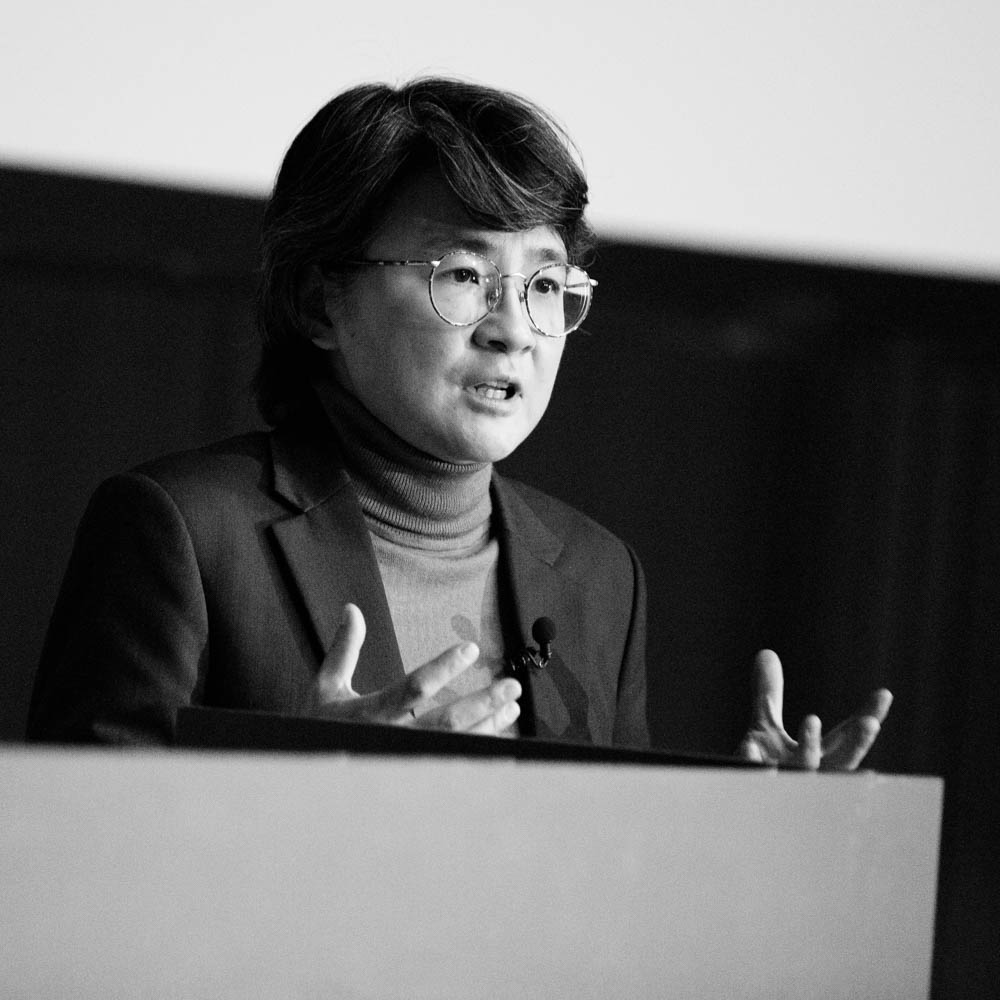Biography
Joseph Haldane is the Chairman and CEO of IAFOR. He is responsible for devising strategy, setting policies, forging institutional partnerships, implementing projects, and overseeing the organisation’s business and academic operations, including research, publications and events.
Dr Haldane holds a PhD from the University of London in 19th-century French Studies, and has had full-time faculty positions at the University of Paris XII Paris-Est Créteil (France), Sciences Po Paris (France), and Nagoya University of Commerce and Business (Japan), as well as visiting positions at the French Press Institute in the University of Paris II Panthéon-Assas (France), The School of Journalism at Sciences Po Paris (France), and the School of Journalism at Moscow State University (Russia).
Dr Haldane’s current research concentrates on post-war and contemporary politics and international affairs, and since 2015 he has been a Guest Professor at The Osaka School of International Public Policy (OSIPP) at Osaka University, where he teaches on the postgraduate Global Governance Course, and Co-Director of the OSIPP-IAFOR Research Centre, an interdisciplinary think tank situated within Osaka University.
A Member of the World Economic Forum’s Expert Network for Global Governance, Dr Haldane is also a Visiting Professor in the Faculty of Philology at the University of Belgrade (Serbia), a Visiting Professor at the School of Business at Doshisha University (Japan), and a Member of the International Advisory Council of the Department of Educational Foundations at the College of Education of the University of Hawaiʻi at Mānoa (USA).
From 2012 to 2014, Dr Haldane served as Treasurer of the American Chamber of Commerce in Japan (Chubu Region) and he is currently a Trustee of the HOPE International Development Agency (Japan). He was elected a Fellow of the Royal Asiatic Society in 2012, and a Fellow of the Royal Society of Arts in 2015.


